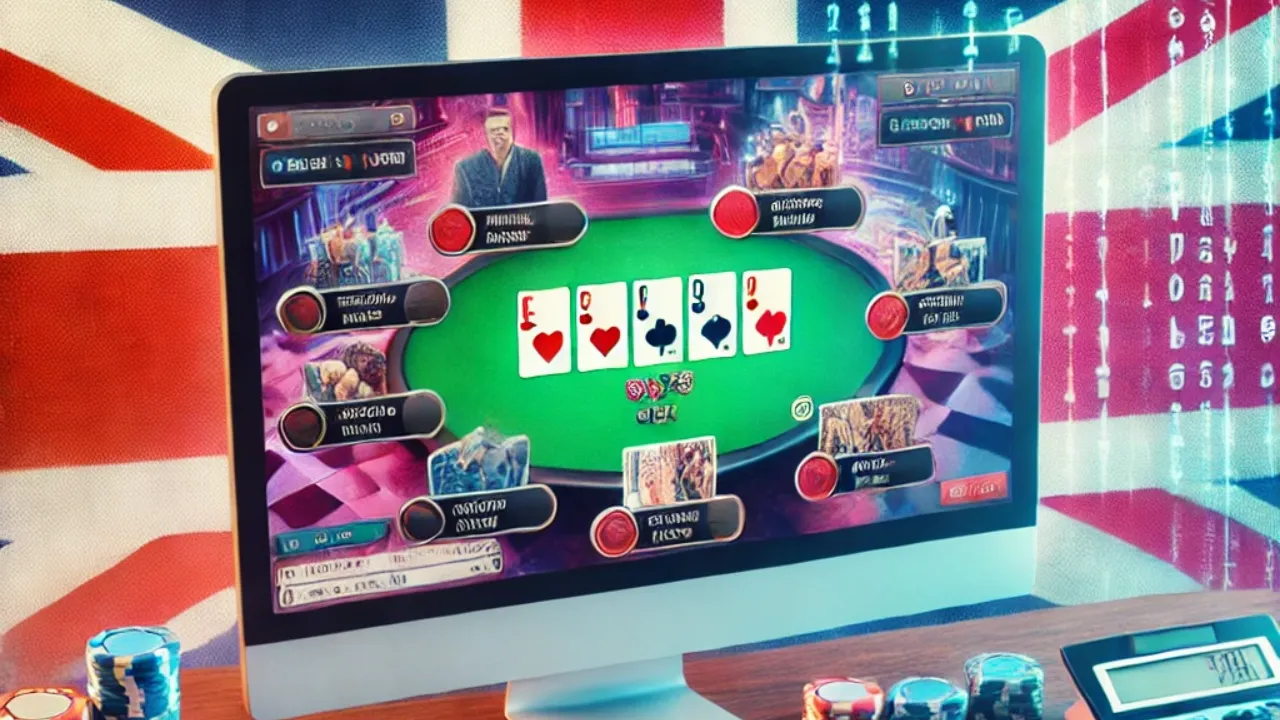The flashing lights, the satisfying clink of coins, and the thrill of pulling a lever — for decades, traditional slot machines have been a cornerstone of the casino experience. They’re iconic, easy to play, and packed with nostalgia. But as technology continues to transform the gambling industry, virtual slot games have surged in popularity, raising an important question: can they truly compete with their physical counterparts?
From my experience following the gaming industry closely, the answer is not straightforward. Both forms of slots have their strengths and challenges, and much depends on the preferences of the modern player. To understand this competition, it’s worth examining how each appeals to gamblers and how innovation is shaping the future of slots.
The Enduring Appeal of Traditional Slot Machines
Traditional slot machines carry a unique charm that’s difficult to replicate in digital form. Walking onto a casino floor filled with hundreds of buzzing, flashing machines creates an atmosphere of energy and excitement. The tactile experience of pressing buttons, pulling levers, and hearing coins drop into trays has an undeniable psychological pull.
Casinos have also perfected the art of placement and design to maximize engagement. Machines are often strategically located near entrances, bars, and high-traffic areas, drawing players into the action. This environment fosters a sense of social play — sitting next to other gamblers, sharing reactions, and being immersed in the collective thrill.
These machines also evoke nostalgia, particularly for older generations who grew up with mechanical or early electronic slots. The emotional connection to the physical casino experience makes traditional slots incredibly resilient, even in an era of digital convenience.
Why Virtual Slot Games Are Rising in Popularity
On the other hand, virtual slot games are no longer the simple digital imitations they once were. Today’s online slots offer immersive graphics, elaborate bonus rounds, interactive features, and themes inspired by movies, myths, and pop culture. They can be played from anywhere, whether you’re at home on a laptop or on the go with a smartphone.
This convenience has reshaped gambling habits. Players no longer need to travel to a casino; instead, they can enjoy hundreds of titles instantly. The variety alone is staggering — far more than a land-based casino could ever host. Many virtual slots also incorporate social gaming elements, such as leaderboards and community jackpots, that keep players engaged.
The online gambling industry has expanded far beyond slots, with platforms now offering poker, sports betting, and live dealer games. For players exploring new betting sites, the choice is broader than ever. Virtual slots are often the entry point for these platforms, introducing casual players to the world of digital gaming while maintaining the familiar excitement of reels and jackpots.
Accessibility and Convenience: A Key Differentiator
One of the strongest advantages of virtual slots is accessibility. For players living far from physical casinos, online options are often the only realistic way to enjoy slot games. Even for those near casinos, the convenience of logging in at any time — without dress codes, travel costs, or time restrictions — is hard to beat.
Virtual platforms also offer flexible wagering options. While land-based casinos may require higher minimum bets, online slots often allow players to spin for pennies. This accessibility broadens the audience, catering to both casual players and high-rollers.
Moreover, the integration of mobile apps ensures that players can enjoy slots during commutes, lunch breaks, or from the comfort of their couch. For many, this flexibility makes virtual slots more appealing than traditional machines.
The Role of Technology in Enhancing Virtual Play
Advances in technology are also helping virtual slot games close the gap with traditional machines. High-definition graphics, surround-sound effects, and even virtual reality experiences bring the excitement of the casino floor to the digital realm.
Some platforms are experimenting with VR casinos where players can walk around a virtual floor, interact with avatars, and play slot machines in a simulated environment. While still a niche market, this technology points to a future where the line between virtual and physical experiences becomes increasingly blurred.
Artificial intelligence also plays a role by personalizing the gaming experience. Virtual platforms can analyze player behavior to recommend games, provide targeted promotions, and deliver loyalty rewards. These data-driven insights create an experience that feels tailored in a way traditional machines cannot replicate.
The Social Factor: Where Traditional Still Wins
One area where traditional slots maintain an edge is the social experience. Casinos are not just about gambling — they’re about atmosphere, entertainment, and community. Sitting next to other players, hearing cheers when someone hits a jackpot, and enjoying the buzz of a crowded floor is something online platforms struggle to match.
While online casinos are introducing chat functions, multiplayer tournaments, and shared jackpots, these are still no substitute for face-to-face interaction. For players who view gambling as a social activity rather than a solitary one, traditional slots remain unbeatable.
Responsible Gambling Considerations
Both formats bring responsible gambling challenges, but they manifest differently. Traditional casinos require physical presence, which naturally limits playtime. Virtual slots, however, are available 24/7, creating potential risks of overindulgence.
To address this, many online platforms now incorporate responsible gaming tools such as deposit limits, self-exclusion options, and session reminders. Regulators in various regions are increasingly strict about enforcing these features, ensuring that players can enjoy the convenience of online play without compromising their wellbeing.
Casinos, too, are investing in responsible gaming initiatives, training staff to recognize problem behaviors and providing resources for players. Ultimately, both traditional and virtual slots must balance entertainment with responsibility.
Can Virtual Slots Truly Compete?
So, can virtual slot games compete with traditional machines? The answer depends on what players value most. For those seeking convenience, variety, and innovative features, virtual slots have already won. For players who crave atmosphere, social engagement, and nostalgia, traditional machines remain unmatched.
What’s clear is that the two are not mutually exclusive. Many players enjoy both experiences depending on their mood and circumstances. The gambling industry itself is moving toward a hybrid future, with land-based casinos offering digital integrations and online platforms striving to recreate the thrill of physical environments.
In the long run, it’s not about one replacing the other, but about both evolving to meet changing player expectations. Virtual slots will continue to innovate, while traditional machines will lean on their heritage and immersive environments. Together, they form a complementary ecosystem that keeps the spirit of gambling alive in both the digital and physical worlds.









